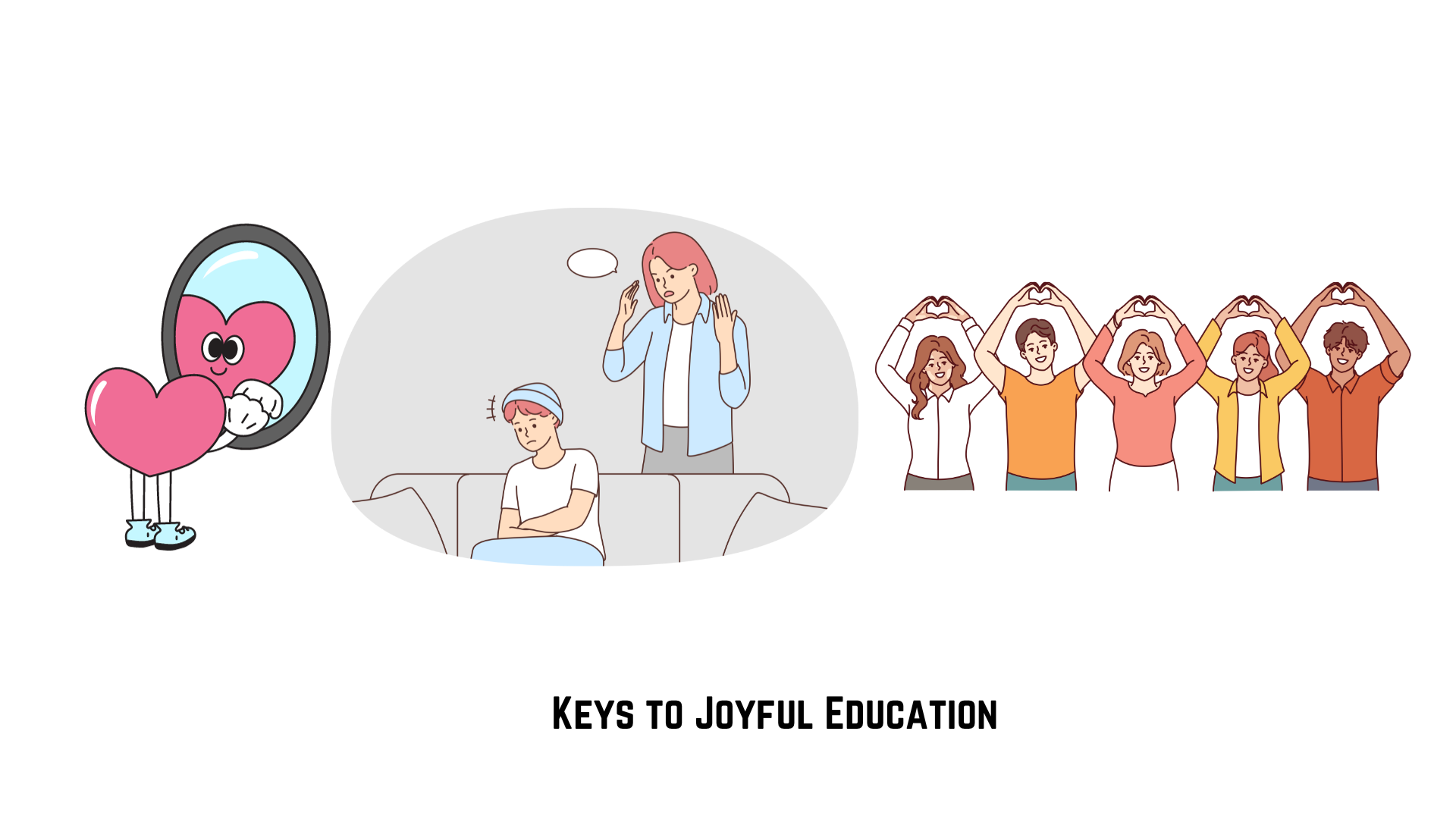Trending Now
- IPL 2024 begins with a bang. First contest between CSK and RCB.
- Election commission allots mike symbol to Naam Thamizhar Katchi
- AIADMK promises to urge for AIIMS in Coimbatore, in its election manifesto.
- Ponmudi becomes higher education minister.
Columns
Islam doesn’t discriminate against women; Muslims do
![]() January 13, 2016
January 13, 2016
Syed Ubaidur Rahman
Muslims societies are usually patriarchal societies where women are kept at arm’s length when it comes to giving them leadership status or even being treated equally. While Muslims claim that Islam accords Muslim women the highest status among the followers of any other religion, Muslim societies don’t seem to either follow Islam when it comes to granting rightful status to their womenfolk – or follow what the modern societies accord to them.
Muslim women are still not allowed to pray in most mosques. And in places where some ‘benevolent’ management of mosques allow them, the women are given a small corner to pray at the far end of the praying area that is usually separated by a wall from the main hall. If you happen to visit any such praying area in any mosque in India or elsewhere you will invariably realize this is a place that is the most neglected area of the mosques.
But even if women get such a place to pray in a mosque they will be lucky. In the Indian capital New Delhi where there are thousands of mosques in this sprawling metropolis, there is not a single mosque where women have their own area to offer regular daily prayers. In Delhi, there are a couple of mosques where women are allowed to offer Friday prayers, but nowhere they have space for offering regular prayers.
Though this is a bit different in USA and Europe where many mosques have started reserving a space for women, these are still on the margins and women are not allowed to offer prayers in the main prayer areas.
It was only in a mosque in Frankfurt’s suburbs in Germany where I saw Muslim men and women share the same prayer hall for offering prayers. In other places it is simply unthinkable.
The discriminatory behavior of mosque management forced a few women to protest in a Washington mosque where police was called to remove them from the main prayer hall of the mosque. Fatima Thompson, a woman Muslim activist walked into the National Mosque in Washington DC and protested. Later she described the area for females as a “penalty box,” noting the 7-foot-high wooden panels separating her from the much larger prayer area designated for men.
The frustration later grew further and in the year 2005, Amina Wadud, a well-known Islamic feminist led a mixed prayer where both Muslim men and women were present. A few years later she also led a similar prayer in Oxford, UK.
Being denied the right to offer prayers in mosques is only one sign of deprivation of Muslim women’s rights. It must be noted that during the time of the Prophet, women used to offer prayers along with men in the same prayer area. There is no dispute regarding it among jurisprudents who later deprived the women to offer prayers in mosques.
Women are not given leadership position in Muslim organization in the Indian subcontinent. You will not find Muslim women in leadership position in Muslim religious organizations. Many Muslim organizations have sprawling campuses in the Indian capital, nonetheless you wouldn’t find a single woman working in any capacity in such organizations. These religious organizations that continue to parrot women equality in Islam, you will struggle to find women leaders. While these organizations have hundreds of full time employees, you wouldn’t find a single woman in their offices.
Muslim leadership usually tries to sweep discussions on such issues under the carpet. While Muslim scholars have tried to justify the triple talaq in a single sitting, they have failed to come out with a rigorous punishment for something that is completely un-Islamic in nature. This is very disturbing not just for women but also many Muslim men who feel while a man destroys the life of a woman with uttering a four letter word (Arabic talaq) thrice, he is not punished under Islamic law. It must be kept in mind that Quran calls it zulm or transgression. While other sorts of zulm have a set of punishment described in detail, this transgression doesn’t invite any punishment.
While most ulama don’t utter a word against such people, a few tend to claim that Allah will punish such men in the Hereafter. It is only now that a few ulama have started demanding imposition of severe punishment to those men who give triple talaq in a single sitting. There is no denying the fact that this has given fodder to critics who call Islam misogynist and discriminatory in nature.
Asma Barlas in her essay, Islam, Women and Equality says, “The Qur’an also does not define men and women as opposites, or portray women as lesser or defective men, or the two sexes as incompatible, incommensurable, or unequal. In fact, it does not even associate sex with gender; thus, while the Qur’an recognizes biological differences, it does not assign them any gender symbolism making it difficult to derive a theory of sexual and gender inequality from its teachings. The Qur’an also does not link women and men to specific gender roles. There is not a single verse that suggests that men’s gender roles are a function of their biology, or that biological differences between men and women make them unequal”.
While Quran doesn’t discriminate on the basis of gender between man and woman, Muslim societies tend to be very biased and prejudiced as such. While discrimination against Muslim men and Muslim women by non-Muslim employers or society at large is discussed in detail and condemned, Muslims usually don’t utter a word when it comes to discrimination against their own women in their own societies.
Sheema Khan who was associated with CAIR’s Canada chapter says, “From 2000 to 2005, I served as the chair of CAIR-CAN, a grassroots advocacy organization that fought discrimination against Muslims. Whether it was a Muslim woman denied employment because of her hijab, or the rendition of Maher Arar, we fought for basic human rights based on the Canadian Charter of Rights and Freedoms…I fought for Muslims to be treated with basic human dignity by the wider society, yet looked the other way when such treatment was denied to women within my own community… As chair, I came across incidents against Muslim women that would never have been tolerated had these been perpetrated by a non-Muslim. But if a Muslim did it, well, we would let it go, hoping that attitudes would one day change”.
Disclaimer:The views expressed above are the author’s own






















